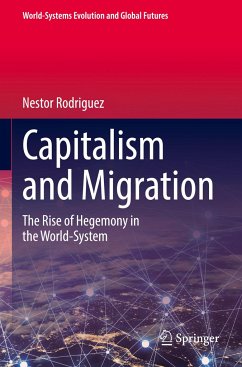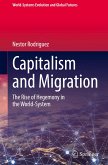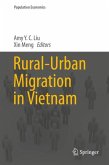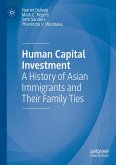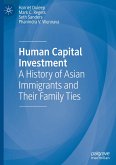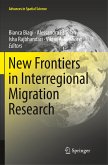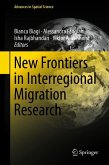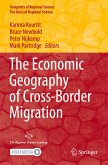This book explores the role of capital and labor migration in the expansion of the capitalist world-system. It presents comprehensive case studies on various historical periods of hegemony recognized by world-system theory: the Dutch hegemony (1625-1675), British hegemony (1815-1873), and US hegemony (1945-1970). Moreover, the book identifies an earlier period of economic dominance in Western Europe when merchant-bankers from Florence dominated the regional wool trade in the early thirteenth century. In these four intervals of dominance, i.e., from the medieval period to the late twentieth century, capital and labor migration formed the basis of capitalist development in the hegemonic core states as well as in peripheral regions under their economic and political influence.
In turn, the book analyzes the migration patterns associated with the rise of hegemony from the perspectives of class relations between employers and workers, technological advances at the workplace, economic cycles, and state policies on labor migration. It concludes with a projection that heightened migration will continue to characterize the capitalist world system, especially as many poor and displaced populations in peripheral regions resort to migration for survival. Accordingly, it appeals to scholars in the fields of politics, sociology, history, anthropology, and economics who are interested in globalization and world-system analysis.
In turn, the book analyzes the migration patterns associated with the rise of hegemony from the perspectives of class relations between employers and workers, technological advances at the workplace, economic cycles, and state policies on labor migration. It concludes with a projection that heightened migration will continue to characterize the capitalist world system, especially as many poor and displaced populations in peripheral regions resort to migration for survival. Accordingly, it appeals to scholars in the fields of politics, sociology, history, anthropology, and economics who are interested in globalization and world-system analysis.

